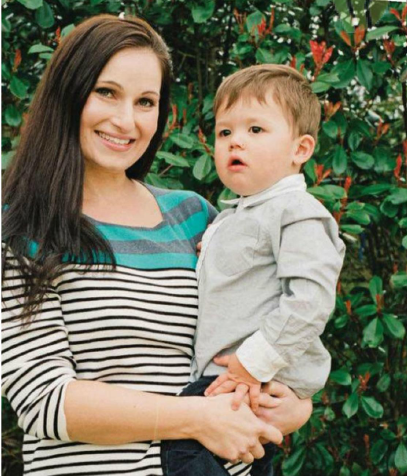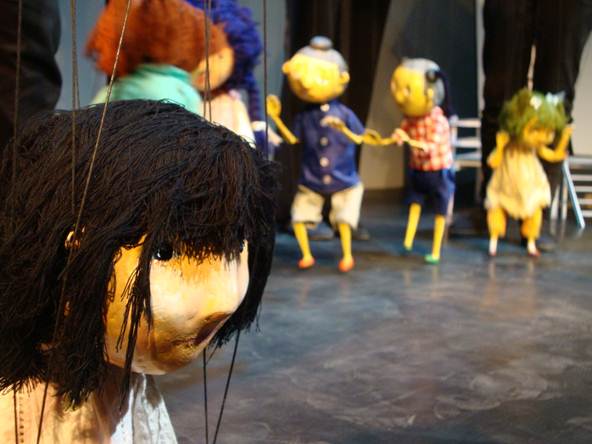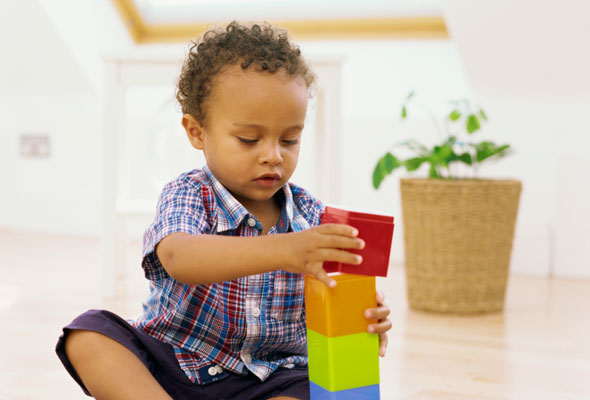Flavia Jarrett, 29, spend six years in
foster care. She lives in Birminghan with her nine-year-old son, Rayhan.
“No matter how much someone welcomes you
into their house, makes a fuss of you and lets you decorate your room with
posters, it’s always awkward at first. They’re strangers and you feel like an
outsider.

Sharon
with her son, Jonathan, who she and her husband Stuart adopted after he came to
them as a foster baby
I went into foster care when I was ten
years old, because I had been neglected. It was a relief to escape the physical
abuse and lack of emotional warmth of my home life (my birth parents had mental
health issues), but I had no idea what to expect. I was separated from my
younger brother and remember feeling petrified in the car on the way to my
first family.
My first foster carer was a friendly single
woman. She showed me around the house, took me shopping for new clothes and
discussed the basic ‘bedtime, homework, behaviour’ ground rules. It was
reassuring that someone cared, but at the same time it was difficult to
properly settle in, not knowing how long I’d be there.
It took me about four months before I
stopped feeling like an intruder. But, after only a year, I was told I’d be
moving on because it wasn’t in my best interests to live so close to my birth
parents. T was angry, but I refused to show that it affected me.

The
hardest part was the discrimination I faced at school. Teachers assumed I was a
disobedient child because I was in foster care.
With two children of their own, my new
parents did little to make me feel loved. They didn’t show me as much
affection or praise. Over the two years I lived with them, I felt safe, but it
was as if they were going through the motions of looking after me.
The hardest part was the discrimination I
faced at school. Teachers assumed I was a disobedient child because I was in
foster care. One headmaster even put me off taking my 11-plus because he had
such low expectations of me. But it wasn’t all bad. When I was 13, I was placed
in a wonderful home. My foster carers, who also had children around my age,
showed me love and patience, and never made me fell like I was part of their
‘job’. I was treated equally – whether it was pocket money or being told off.
They helped me with my homework, took me on holidays and talked to me about my
dreams for the future. T finally felt like I belonged to a family.
I moved out when I was 16, which, in
hindsight, was far too young to live independently. Like most teenagers, I
thought I was ready. But I’ve never lost touch with last foster carers. Their
love and support gave me a better life and, if it wasn’t for them, I would
never have gone to university to study social care.
My foster mum was at the birth of my son
Rayhan, and even cut the umbilical cord. I look back on my foster years with
mixed emotions. Ironically, it’s taught me the importance of family and
motivated me to be the best mother I can be.”
How To Foster

How
To Foster?
Prospective foster carers have two options:
to apply to the social council; or to apply to one of the many independent
foster agencies around the country. While each of these departments and
agencies differs slightly in how they conduct the assessment process, most
follow a similar procedure, which is to conduct a brief interview to establish
your eligibility, before inviting you along to an introductory meeting on
foster care. Here, you will find out more about how to proceed. Most
departments and agencies require six separate references and a heath check, and
they will conduct between four and six home visits with your assigned social
worker before granting approval.